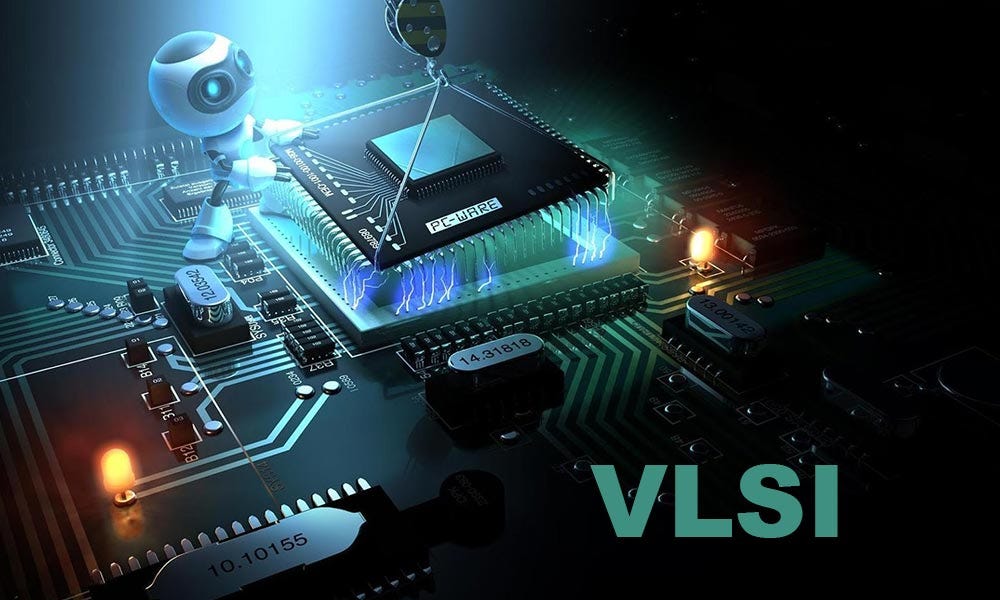
Course Description:
The VLSI Design Engineer Certified Course is a comprehensive, industry-aligned program that equips learners with the essential skills and hands-on experience required to design and implement integrated circuits at a large scale. This course is ideal for electronics, electrical, and computer science engineering graduates and professionals aiming to build a strong career in semiconductor and chip design.
Key Features of Course Divine:
Career Opportunities After Very Large Scale Integration Design Engineer:
Essential Skills you will Develop Very Large Scale Integration Design Engineer:
Tools Covered:
Syllabus:
Module 1: Introduction to VLSI Design Evolution of IC technology Moore’s Law and scaling VLSI design flow Design abstraction levels.
Module 2: Digital Electronics Fundamentals Boolean algebra and logic gates
Combinational and sequential circuits Flip-flops, latches, multiplexers, decoders
FSM design.
Module 3: CMOS Technology and Logic Design CMOS fabrication process
CMOS inverter and logic gates Stick diagrams, layout design rules Static and dynamic CMOS logic.
Module 4: HDL Programming (Verilog/VHDL) Introduction to Verilog/VHDL
Structural, dataflow, behavioral modeling and simulation
RTL design and verification.
Module 5: VLSI System Design Flow RTL to GDSII flow Logic synthesis and optimization Technology libraries and constraints Static timing analysis (STA).
Module 6: Physical Design and Floor planning Floor planning and placement
Clock tree synthesis (CTS) Routing and parasitic extraction Power planning and IR drop.
Module 7: Analog VLSI Design Analog CMOS circuits Current mirrors, op-amps, comparators Analog layout techniques Mixed-signal design concepts.
Module 8: FPGA Design and Implementation Introduction to FPGA architecture
Xilinx/Intel FPGA tools Synthesis, placement & routing Bitstream generation and implementation.
Module 9: Design for Testability (DFT) Fault models and simulation Scan chains, BIST, boundary scan ATPG and DFT tools Yield and test coverage improvement.
Module 10: Industry Tools and Project Hands-on with tools: Cadence, Synopsys, Mentor Graphics Complete mini project: RTL to GDSII flow Case studies on ASIC/FPGA designs Resume building and job interview preparation.
Industry Projects:
Who is this program for?
How To Apply:
Mobile: 9100348679
Email: coursedivine@gmail.com

You cannot copy content of this page